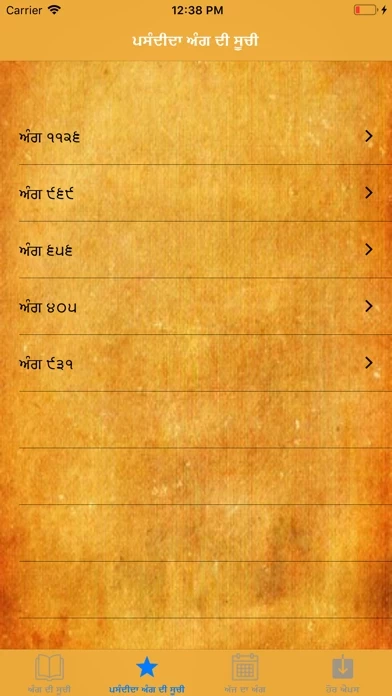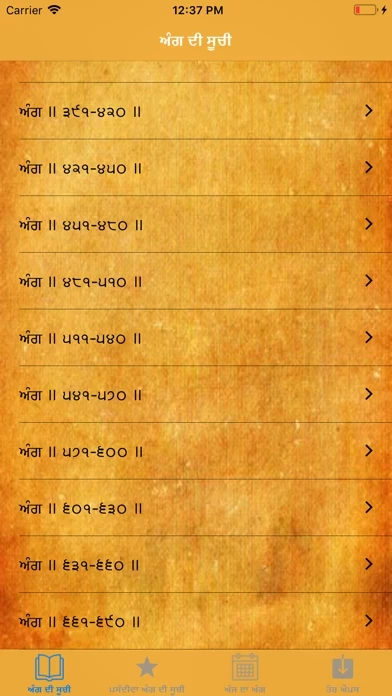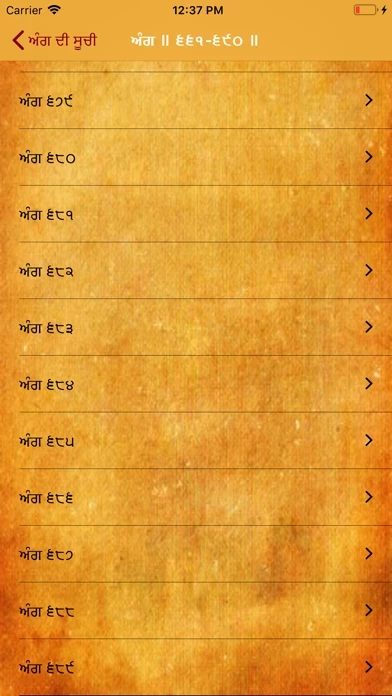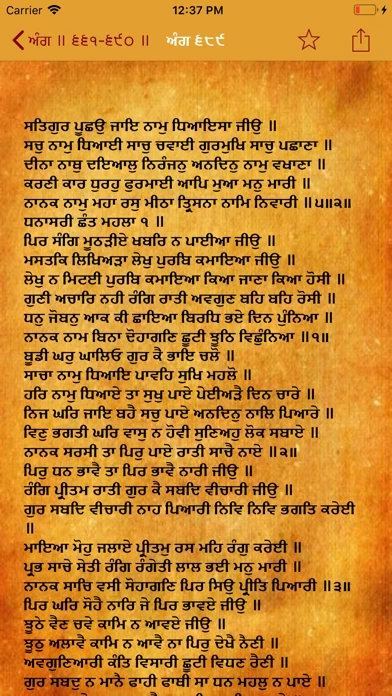Guru Granth Sahib (Punjabi (Gurmukhi): (Gurū Gra°th Sāhib Jī), Punjabi pronunciation: [ɡʊɾu ɡɾənt sɑhɪb], /ɡʊəru ɡrʌnt səhɪb/) is the central religious scripture of Sikhism, regarded by Sikhs as the final, sovereign and eternal living Guru following the lineage of the ten human Gurus of the religion, of whom six contributed the bulk.
Guru Gobind Singh, the tenth Sikh Guru, did not add any of his own hymns; however, he added all 115 hymns of Guru Tegh Bahadur, the ninth Sikh Guru, to the Adi Granth and affirmed the text as his successor.
The Guru Granth Sahib is written in the Gurmukhī script, in various languages, including Lahnda (Western Punjabi), Braj Bhasha, Khariboli, Sanskrit, Sindhi, and Persian.
Guru Granth Sahib was composed predominantly by six Sikh Gurus: Guru Nanak, Guru Angad, Guru Amar Das, Guru Ram Das, Guru Arjan, and Guru Teg Bahadur.
The Adi Granth, the first rendition, was compiled by the fifth Sikh Guru, Guru Arjan (1563–1606).
The vision in the Guru Granth Sahib is of a society based on divine justice without oppression of any kind.
This second rendition became known as Guru Granth Sahib.
After Guru Gobind Singh died, Baba Deep Singh and Bhai Mani Singh prepared many copies of the work for distribution.
The bulk of the scripture is divided into thirty-one rāgas, with each Granth rāga subdivided according to length and author.
While the Granth acknowledges and respects the scriptures of Hinduism and Islam, it does not imply a moral reconciliation with either of these religions.
The text consists of 1430 angs (pages) and 6,000 śabads (line compositions), which are poetically rendered and set to a rhythmic ancient north Indian classical form of music.
It also contains the traditions and teachings of fourteen Hindu Bhakti movement sants (saints), such as Ramananda, Kabir and Namdev among others, and one Muslim Sufi saint: Sheikh Farid.
The Granth is revered as eternal gurbānī and the spiritual authority in Sikhism.
It is installed in a Sikh gurdwara (temple); all Sikhs bow or prostrate before it on entering such a temple.











